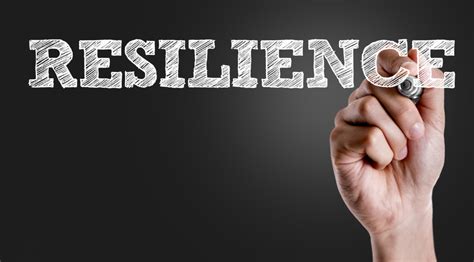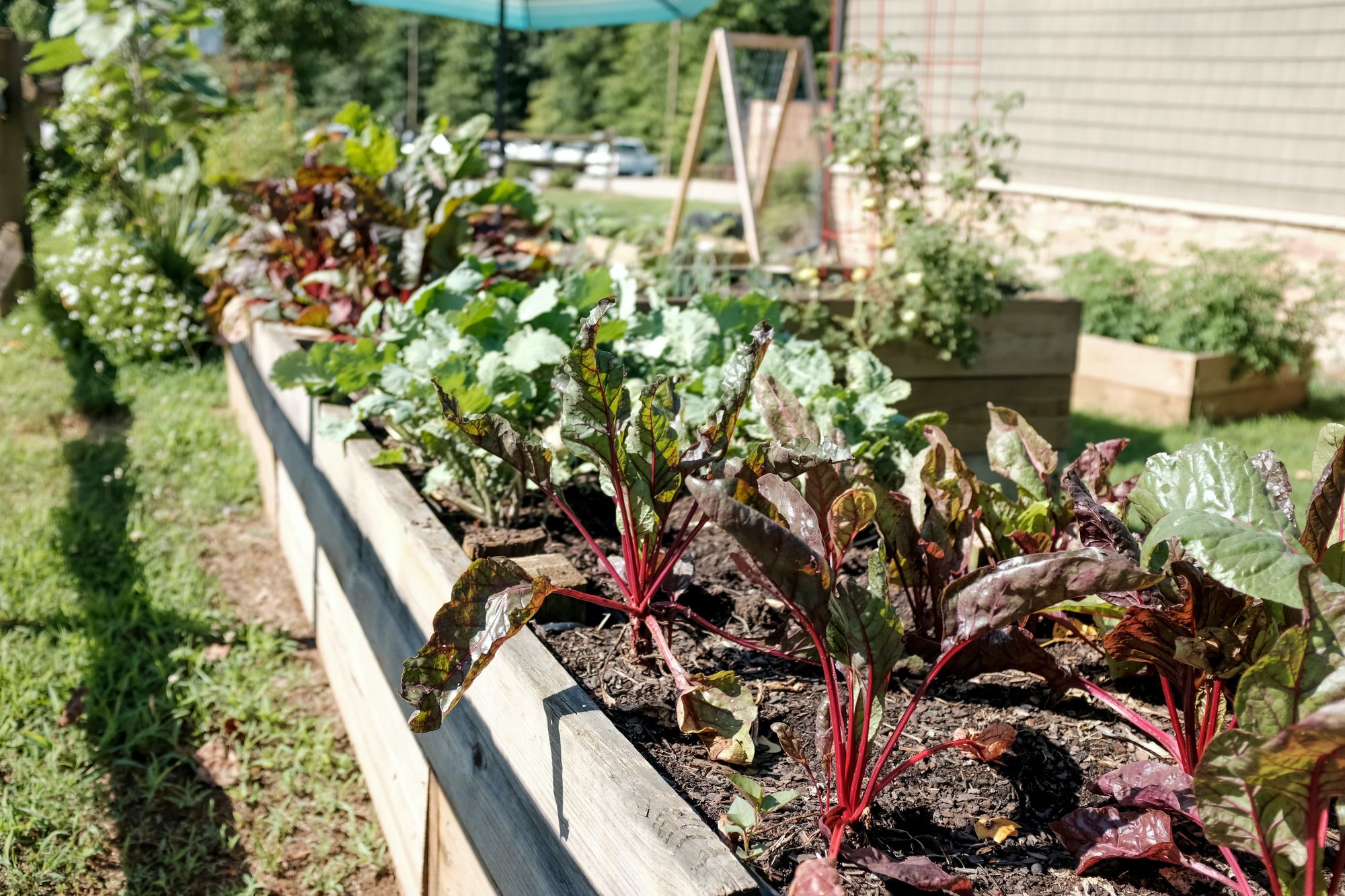The flexibility, adaptability, and perseverance associated with resilience help individuals tap into their resilience by changing mind set and behaviour. If you don’t feel resilient enough, don’t worry, it’s a skill that can be worked on and grown over time.
Types of Resilience
The different types of resilience are:
Physical Resilience
This is the body’s ability to adapt to challenges, maintain stamina and strength, recover quickly, function and recover when faced with adversities. It plays a critical role in healthy ageing as individuals can withstand medical issues and physical stressors.
Healthy lifestyle choices, connections with friends, deep breathing, the time well spent to rest, recover and engagement in enjoyable activities play a role in physical resilience.

Psychological Resilience
This is the mental fortitude to handle challenges and adversity. It’s the ability to mentally adapt to uncertainty, challenges, and adversity. Individuals who exhibit psychological resilience develop coping strategies and skills enabling them to remain calm and focused during a crisis and move on without long-term negative consequences.
Emotional Resilience
Emotionally resilient individuals understand their feelings and can tap into realistic optimism, even when dealing with a crisis. They are proactive in using internal and external resources and managing external stressors and their own emotions healthily and positively. The capacity to keep afloat during challenging times is core, as it directly relates to mental health and the ability to persevere, sustain and manage adverse reactions.
Social resilience
This is the ability of groups to respond to and recover from adverse situations including natural disasters, calamities, acts of violence and other challenges. It is about connections to others and how we support each other through difficult times.
SEE ALSO: Resilience is the Hallmark of Leadership
Characteristics of resilient people
Resilient people have the following characteristics.
Self-awareness
This is the ability to focus on self and how own actions, thoughts emotions do align with internal set standards. Those with high self-awareness can objectively evaluate themselves, manage emotions, align behaviour with their values, and understand correctly how others perceive them. It is an essential skill that helps individuals to see themselves clearly, and thoroughly and be accountable for their actions.
Realistic
Individuals need a good grip on the reality of situations and an understanding of what can and cannot be done. Being able to see the world and situations and realistically face them is extremely impactful on the ability to be resilient. Combating hard situations and being realistic helps address situations and make clear, concise decisions on how to tackle issues.
Keeping Calm
Remaining calm allows individuals to face obstacles and make thoughtful decisions on how to combat them. Stress is a normal part of modern life, but if often faced with stressful situations and feel panicked or overwhelmed, try to learn coping strategies to keep calm.

Empathy
This is the ability to sense other people’s emotions, coupled with the ability to imagine what someone else might be thinking or feeling and to understand and share the feelings of others. Showing empathy to others helps to better understand situations, better gauge how to move forward and combat situations while keeping others in mind.
Self-Control
It’s the ability to control self in particular own emotions and desires, especially in a difficult situation and helps in taking control over self and actions. An important aspect of resilience is accountability and combating issues which require high self-control and self-awareness. Self-control comes out most in times of discomfort and hard situations, where our resilience is seen the most.
Motivated and Optimistic
Having a strong desire to succeed in some pursuit in life drives an individual to respond in a particular way while showing hope for the future when obstacles come up and thinking about how to overcome challenges is core rather than seeking reasons why it happened and focusing on positivity.
Benefits of being resilience
Being resilient is associated with longevity, lower rates of depression, and greater satisfaction with a sense of control. Characteristics of resilience, particularly social connections and a strong sense of self-worth, helps individuals confront chronic illness. Resilience is a protective factor against psychological distress in adverse situations involving loss or trauma that help in the management of stress levels and depressive symptoms. The behavioural and emotional strategy that cultivates resilience, benefits patients with rheumatoid arthritis, and chronic diseases and reduces the adverse effect stressors have on the immune system.
Conclusion
Research suggests that certain protective resources, rather than the absence of risk factors, play a significant role in an individual’s capacity to confront and work through stressors. Measures like social support, adaptive coping skills, and the ability to tap into one’s inner strengths help develop and strengthen resilience, which is a process by which individuals can become better at reframing thought patterns and tapping into a strengths-based approach to working through challenges.
The article was written by Dr. Catherine Gichuba, CEO and Lead Consultant at Regional Social Consultants Agency (RESCA).
Grab the latest issue of Parents Magazine Here
Featured Image: Optimizeintl.com








